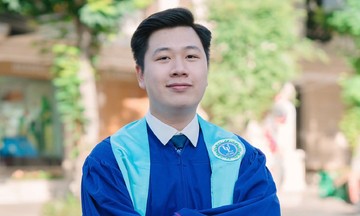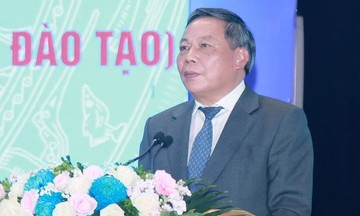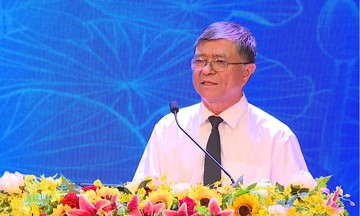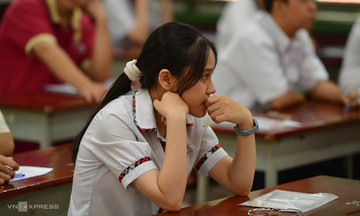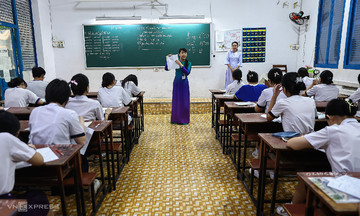The Ministry of Education and Training is drafting a policy for graduate students in fundamental sciences, key engineering fields, and strategic technologies. The policy proposes a monthly living allowance of 3.63 million VND for up to 10 months a year, similar to the stipend for pedagogy students.
Additionally, students would receive scholarships covering 50%, 70%, or 100% of their tuition fees, depending on whether they achieve satisfactory, good, or excellent results each semester. The specific amounts will be based on the government's tuition fee ceiling. Next academic year, the ceiling for these fields is 1.7-1.85 million VND per month. If a university is autonomous or accredited, it can charge higher tuition fees.
| Field | Specific Disciplines |
| Fundamental Sciences | Mathematics; Physics; Chemistry; Biology; Computer Science (considered a fundamental science in technology); Environmental Science. |
| Key Engineering Fields | Option 1: Information Technology, Data Science, Artificial Intelligence, Electrical - Electronics, Automation, Precision Mechanics, Aeronautical Engineering, New Materials. |
| Option 2: Mechanical Engineering; Electrical and Electronic Engineering; Industrial Engineering; Construction Engineering; Transportation Engineering; Information Technology Engineering; Electronics - Telecommunications Engineering; Mechatronics Engineering; Chemical Engineering; Environmental Engineering; Software Engineering; Power Mechanical Engineering; Automotive Engineering; Food Technology; Energy Engineering; Automation Engineering. | |
| Strategic Technologies | Option 1: Biotechnology, Nanotechnology, Space Technology, Environmental Technology, Renewable Energy Technology. |
| Option 2: Information Technology; Software Engineering; Electrical and Electronic Engineering Technology; Automation Engineering Technology; Biotechnology; Materials Technology; Nanotechnology; Information Technology - Information Security; Environmental Technology; Food Technology; Control and Automation Technology; Multimedia Communications Technology; Biomedical Engineering; Mechanical Manufacturing Technology; Information Technology - Data Science. |
While supporting the Ministry's proposal, Dr. Nguyen Trung Nhan, Head of the Training Department at the Industrial University of Ho Chi Minh City, said the proposed stipend is "not enough" to attract postgraduate students, especially doctoral candidates.
He explained that most graduates choose to work after university to address immediate financial needs, considering further education only after a few years. Meanwhile, most postgraduate students still struggle with jobs and making a living. This is a key reason for the current quality issues in postgraduate training. A stronger policy would encourage excellent graduates to pursue research directly after university.
"We need to understand that being a postgraduate researcher is not the same as being a student. Therefore, they should have tuition waivers, monthly salaries, and funding for scientific conferences", Nhan said, adding that in many parts of the world, this group also receives funding for materials and experimental equipment.
This was also the proposal of Associate Professor Pham Thanh Huyen from Hanoi University of Science and Technology and Dr. Trinh Thi Thuy Giang from the Vietnam Institute for Advanced Study in Mathematics, at a discussion forum held in Ho Chi Minh City late last month to gather feedback on the draft policy.
Giang suggested a basic monthly salary of 5-6 million VND so that postgraduate students can focus on their studies instead of juggling part-time or in-service programs. She also proposed that successful research should be rewarded with project and research grants.
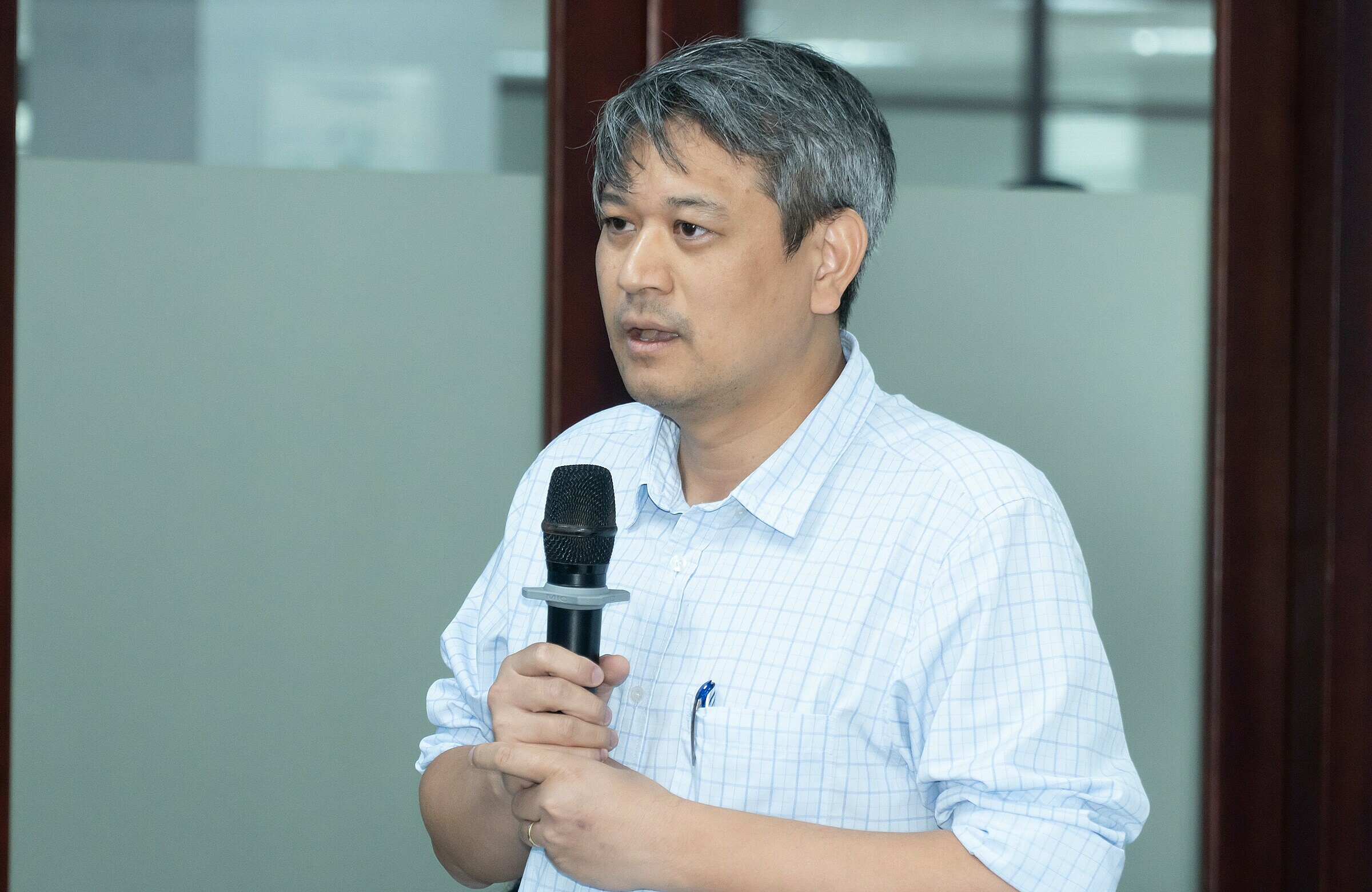 |
Associate Professor Tran Dinh Phong, Vice President of the University of Science and Technology Hanoi, expresses his views on the support policy for postgraduate researchers, 20/6. Photo: UTE |
Associate Professor Tran Dinh Phong, Vice President of the University of Science and Technology Hanoi, expresses his views on the support policy for postgraduate researchers, 20/6. Photo: UTE
Similarly, Associate Professor Tran Dinh Phong, Vice President of the University of Science and Technology Hanoi (USTH), views postgraduate students as direct participants in research and technological development. The government needs to allocate resources to support their basic living needs, allowing them to focus on studying and research.
He cited the example of the joint doctoral program between USTH and French universities. Students study and conduct research for 18 months in Vietnam and 18 months in France. During their time in Vietnam, they receive 5 million VND per month, equivalent to 300 EUR. In France, the minimum monthly stipend is 1,200 EUR.
Phong observed that developed countries like South Korea and Japan are facing labor shortages, leading their universities to recruit top Vietnamese students for postgraduate programs.
"If we only focus on scholarships for undergraduates without adequate support for postgraduate studies, we might be training personnel for other countries", he said.
Furthermore, scholarships for postgraduate researchers should be granted for the entire program duration, not on a semester basis like undergraduate scholarships. Semester-based grants might encourage students to pursue simple projects just to maintain funding. The results of such projects often have little scientific or practical value.
"If they tackle challenging projects that don't yield results for one or two years, they risk losing their scholarship in subsequent years. But scientific and technological breakthroughs often require addressing complex problems faced by businesses", the USTH Vice President said.
Regarding undergraduate education, Dr. Nguyen Trung Nhan suggested the drafting committee reconsider tying scholarship value to academic performance. Classifying scholarships as satisfactory, good, or excellent might lead to instructors being lenient with grades so students can receive higher scholarships.
Dr. Trinh Thi Thuy Giang proposed limiting the percentage of scholarship recipients at each university to ensure fairness, as grading practices vary between institutions.
"Some universities and departments have a large student body, while others have only a few dozen students. Therefore, the policy should limit the proportion of students receiving scholarships", Giang said.
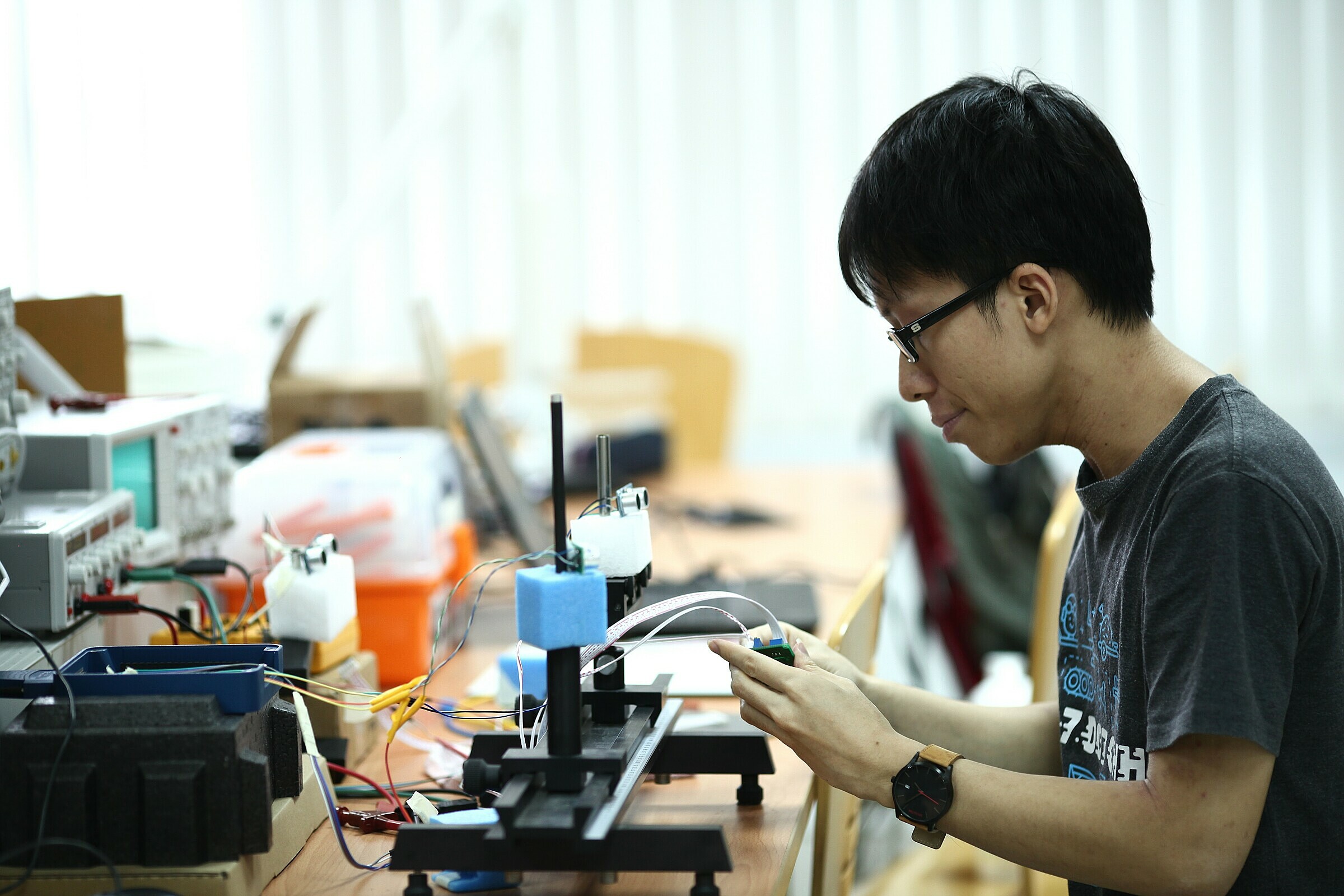 |
Vietnamese-German University (VGU) students working in a laboratory. Photo: VGU |
Vietnamese-German University (VGU) students working in a laboratory. Photo: VGU
According to the Ministry of Education and Training, universities enrolled approximately 218,000 STEM students in 2024, an increase of 18,000 compared to the previous year.
STEM enrollment represents about 27-29% (560,000 - 600,000 students) of the total student population in recent years. This is lower than many countries in the region and globally, such as Singapore (46%), Malaysia (50%), South Korea, Finland, and Germany (around 35-39%).
Vietnam aims to increase STEM training, reaching over one million students by 2030. Information and Communication Technology and digital technology fields are expected to account for about 60% of this growth.
Le Nguyen



